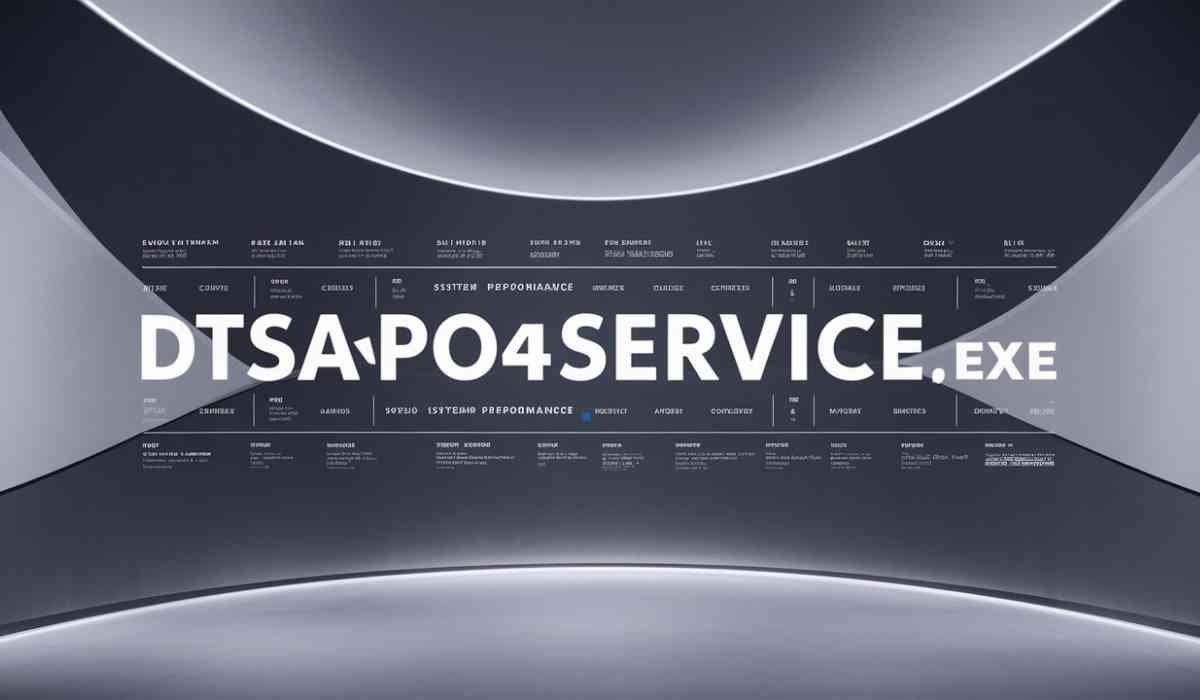In today’s competitive business environment, having a robust strategy for managing client accounts is crucial. Account planning software emerges as a transformative tool for enhancing these strategies. It facilitates a deeper understanding of client needs, promotes efficiency in sales processes, and supports strategic account management. By integrating this software, businesses can ensure alignment across all departments involved in account handling. In this article, we will explore the diverse benefits of incorporating account planning software into your company’s operational framework. Keep reading to discover how this technology can elevate your business strategy.
Understanding Account Planning Software in Business Strategy
Account planning software integration gives businesses a complete view of customer relationships and sales opportunities by centralizing client data and interactions. This streamlined approach helps sales teams craft personalized strategies, strengthen client connections, and identify cross-selling or up-selling opportunities, ultimately boosting revenue potential.
These tools also reduce administrative workloads, allowing sales reps to focus on strategic growth initiatives. By offering insights into key decision-makers, tracking sales progress, and analyzing data for improved planning, account planning software ensures cohesive, data-driven strategies and consistent sales practices that align with the company’s brand values.
Streamlining Sales and Customer Data with Account Planning Tools
Account planning software centralizes and streamlines customer information, enabling sales teams to access comprehensive insights on client behavior, preferences, and engagement history. It integrates with CRM systems and marketing automation tools, improving data accessibility and aligning sales objectives with marketing campaigns.
Account planning tools also improve sales forecasting by analyzing past sales data, allowing companies to be proactive in making strategic decisions. It enhances the customer experience by tracking all interactions and providing seamless communication, leading to higher satisfaction and loyalty, ultimately propelling the brand towards a favorable market position.
Enhancing Collaborative Efforts Among Teams Through Software Integration
Software integration is crucial for successful account planning, as it provides a shared platform for departments like sales, marketing, customer service, and finance to collaborate. This visibility promotes transparency, accountability, and clear communication, enabling the execution of unified strategies. Real-time updates and task assignment features help in efficient delegating and meeting deadlines.
The collaborative nature of these tools fosters a culture of shared knowledge, empowering individual team members to contribute meaningfully to account strategies. As teams work synergistically, organizations benefit from agility and flexibility, allowing them to respond quickly to changes in customer needs or market conditions.
Leveraging Predictive Analytics for Precision in Sales Forecasting

Predictive analytics is a powerful tool that enhances sales strategies by improving forecasting accuracy, enabling businesses to align resources with business opportunities. It helps in identifying patterns in customer behavior, enabling businesses to anticipate future sales cycles and customer demands.
Predictive analytics also aids in market segmentation and identifying high-value accounts, enabling businesses to focus their efforts where revenue growth is most likely to occur. It also aids in managing inventory and supply chain logistics, allowing for better decisions about stock levels and distribution plans. Predictive analytics equips sales teams with a proactive troubleshooting toolkit, fostering trust and reliability between the business and its customers.
Investing in Account Planning Solutions for Long-Term ROI Improvement
Account planning software can significantly improve a business’s bottom line by optimizing sales strategies, leading to increased sales volume and revenue generation. It also increases efficiency and data accuracy, resulting in cost savings. The scalability of account planning tools allows for adaptability as a business grows, supporting market changes without frequent overhauls.
It also enhances customer retention by providing personalized experiences and proactive account management, reducing turnover and making it more cost-effective than acquiring new customers. Analytics and reporting functions help track the impact and ROI of account strategies, enabling continuous improvement and optimization of ROI over time.
Altogether, integrating account planning software into a business strategy brings about a paradigm shift in how companies manage client relationships and maximize sales opportunities. It offers not only an immediate boost in operational efficiency but also lays the groundwork for sustained growth and profitability. As the business landscape continues to evolve, those who invest in such innovative solutions are well-positioned to thrive in the marketplace.









